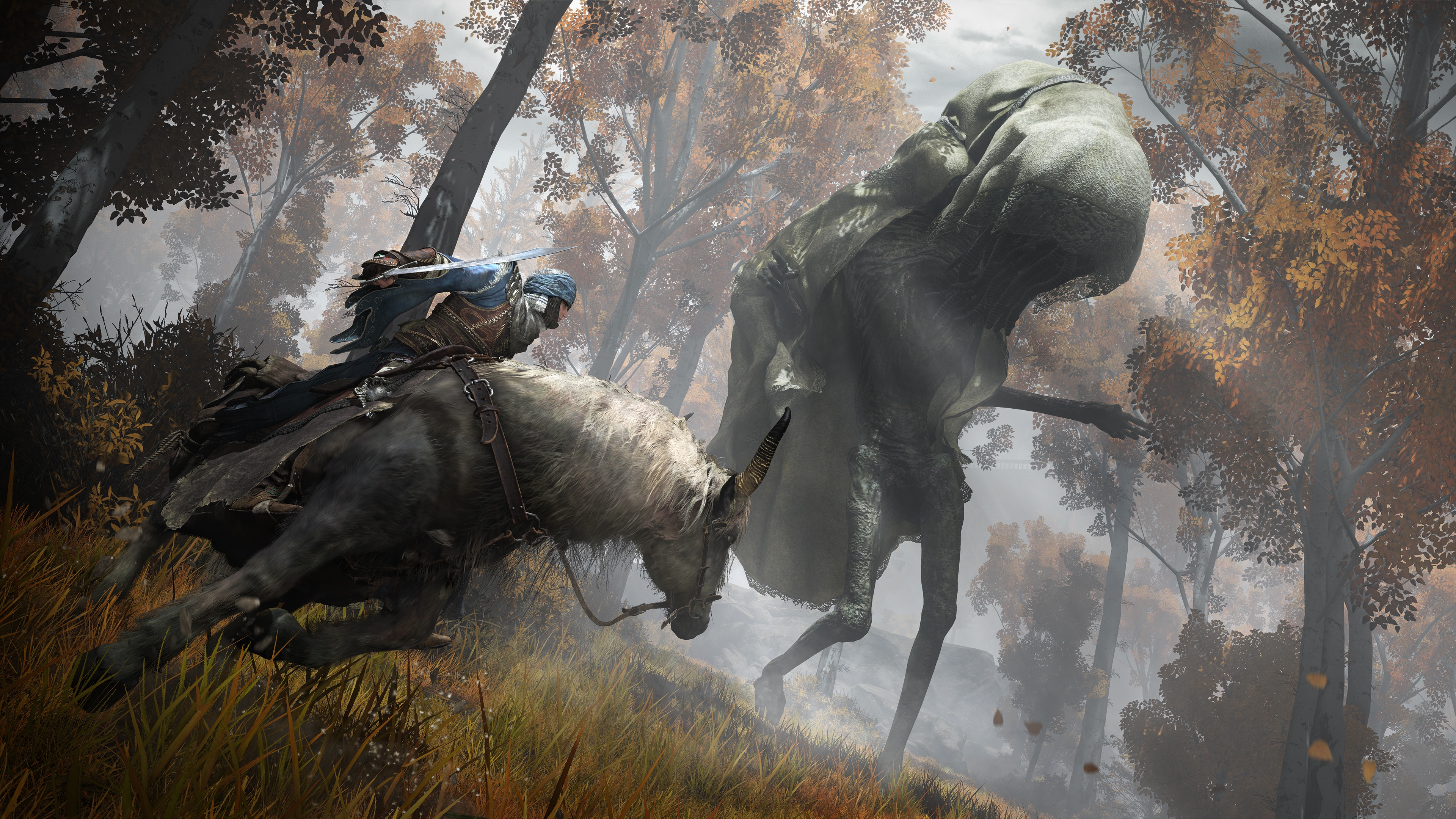Older gamers who dream of passing the torch to younger gamly members or friends may have to rethink the logistics, with Valve now confirming that Steam accounts cannot be bequeathed after the owner has died.
Per Ars Technica, confirmation came in the form of a Steam Support response, answering a question from user delete12345 on gaming forum ResetEra. The user asked, “I don’t plan on dying anytime soon, but when I do, could ownership of my Steam account be transferred via a will?”
The response from Steam Support reads, “Unfortunately, Steam accounts and games are non-transferable … Steam Support can’t provide someone else with access to the account or merge its contents with another account. I regret to inform you that your Steam account cannot be transferred via a will.”
While there are some loopholes to get around restrictions like this, the confirmation reignites a tricky conversation regarding the legal status of digital game ownership.
What will happen to your games when you die?
With an increased push away from physical media, your digital library will almost inevitably outlive you – so what should you do with it? It’s not as simple as saying, “give it to the grandkids”.
Some users may think bequeathing the whole computer might suffice, or simply noting down account and password details for next of kin. In reality, however, this would be in direct violation of Steam’s Subscriber Agreement, which states: “You may not reveal, share, or otherwise allow others to use your password or Account except as otherwise specifically authorised by Valve.”
It leaves players in a tricky position, where the games they’ve bought are not truly theirs to give. Most End User License Agreements (or EULAs) stipulate that games cannot be transferred to other users under any conditions.
Read: Valve introduces upgraded Steam Families game sharing
What about Steam’s Family Library Sharing feature?
There is currently one spanner in the works of this arrangement – Steam’s family sharing feature. Still currently in beta, users who set up Family Library Sharing will be able to grant access to their library for up to five family members.
Though the account will still remain in the name of the deceased (in perpetuity), it does mean that others will be able to get some degree of access. That being said, the issue of game updates and library maintenance does necessitate someone have access to the primary user account – bringing us right back to square one.
Valve also confirmed that these accounts will be monitored closely, saying: “While we know that families come in many shapes and sizes, Steam Families is intended for a household of up to six close family members … To that end, as we monitor the usage of this feature, we may adjust the requirements for participating in a Steam Family or the number of members over time to keep usage in line with this intent.”
Unfortunately, as it stands almost every avenue for bequeathing your Steam games is blocked or hindered from a legal perspective.

How can you legally pass on your gaming legacy?
If you’re adamant that your dying legacy should include passing on the games you love, it’s worth considering a return to physical media where possible. Sure, a lot of companies are doing away with these copies – but as long as nostalgia and vintage appreciation exists, so to will the means to play.
For online games outside of Steam’s purview, including MMORPGs like World of Warcraft, perhaps the most effective thing you can do is to gift your equipment and resources to fellow players before you pass – though that will mean that any “bind on pickup” or “bind on equip” items may die alongside you.
In a way, that feels almost apt. Not everything can, or should, be passed on. But one thing that no company can take away, regardless of legalese or subscriber agreements, is the ability to pass on a love of gaming – and that’s something you can pass on well before you kick the bucket.





